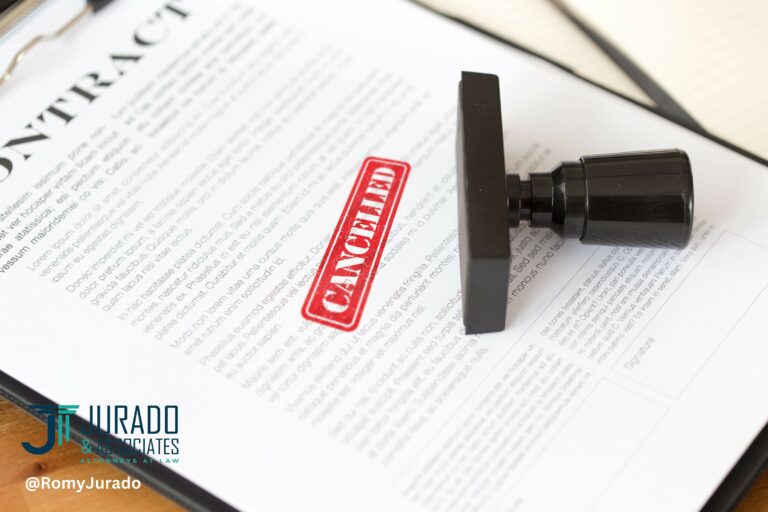If you are a licensed professional, such as a doctor, lawyer, accountant, architect, or engineer, you could incorporate your practice by forming a professional corporation (PC), which is a special type of corporation that is designed to meet the legal and ethical requirements of licensed professions. In this article, we will explain what a PC is, how to form one, and what advantages it can offer you, so read on to learn what you need to know.
What Is a Professional Corporation?
A professional corporation (abbreviated as PC) is a type of corporation that permits certain licensed professionals, such as attorneys, architects, engineers, accountants, doctors, and dentists, to own shares in a corporation organized to render services in that profession.
A PC is different from a regular corporation in several ways. First, a PC must be approved by the appropriate state licensing board or agency for the profession. Second, a PC must be owned and managed by licensed professionals in the same field. Third, a PC may be subject to certain restrictions or regulations regarding its name, governance, liability, and taxation.
How to Form a Professional Corporation
Although the process of forming a professional corporation varies by state, it generally involves the following steps:
- Choosing a name and reserving it: You must choose a name that includes the words “professional corporation”, “professional association”, or an abbreviation thereof. You may also need to include your profession or specialty in the name. You should check the availability of your desired name and reserve it with the state if possible.
- Designating a registered agent: You must appoint a person or entity that can receive legal notices and documents on behalf of your PC. The registered agent must have a physical address in the state where you incorporate.
- Filing your articles of incorporation: You must prepare and file a document that contains basic information about your PC, such as its name, address, purpose, duration, registered agent, and owners. You must also obtain the approval of your state licensing board or agency before filing the document with the state secretary of state or equivalent office.
- Drafting your corporate bylaws: You must create an internal document that governs the management and operation of your PC, such as its structure, roles, responsibilities, rights, duties, meetings, voting, profits, losses, distributions, transfers, dissolution, etc. You should also include provisions that address ethical standards and professional liability issues for your profession.
- Obtaining an employer identification number (EIN): You must apply for an EIN from the Internal Revenue Service (IRS) for tax purposes. An EIN is a unique identifier for your PC that you will use to file tax returns and reports, open bank accounts, hire employees, etc.
- Holding an initial meeting with your board of directors: You must hold an organizational meeting with your owners to adopt your bylaws, issue shares, elect officers, authorize bank accounts, etc. You should keep minutes of the meeting and other corporate records in a safe place.
- Registering for taxes: You must register your PC with the federal, state, and local tax authorities and pay any applicable taxes on your income and activities. Depending on your profession and location, you may need to pay corporate income tax, personal income tax, self-employment tax, sales tax, payroll tax, etc.
- Obtaining business licenses and permits: You must obtain any licenses and permits that are required for your profession and business in your state and local jurisdictions.
What Are the Benefits of Forming a Professional Corporation?
Forming a PC can offer you several advantages over operating as a sole proprietorship or partnership. Some of the benefits are:
- Tax savings: A PC can elect to be taxed as an S corporation if it meets certain criteria, such as having no more than 100 shareholders and having only one class of stock. An S corporation is a pass-through entity, which means that it does not pay corporate income tax and its owners only pay personal income tax on their share of the profits. This can avoid double taxation, where income is taxed at both the corporate and the individual level. Additionally, a PC can deduct certain business expenses, such as salaries, benefits, insurance, equipment, etc., which can reduce its taxable income.
- Asset protection: A PC can limit the personal liability of the owners for the debts and obligations of the entity. This means that the creditors of the entity cannot go after the personal assets of the owners, such as their home, car, bank accounts, etc., to satisfy their claims. However, this protection does not extend to the professional liability of the owners for their own malpractice or negligence. Therefore, it is advisable to obtain adequate professional liability insurance to cover any potential claims arising from your professional services.
- Credibility: A PC can enhance the reputation and image of your practice by showing your clients and the public that you are a legitimate and established business. A PC can also attract and retain qualified and talented professionals who share your vision and values.
Are You Ready to Take Your Practice to the Next Level?
If you are interested in forming a PC for your practice, we can help you. At Jurado & Associates, P.A., we have the knowledge and experience to assist you with every step of the process. We are a team of dedicated and friendly professionals who care about your success and satisfaction. You can reach us by phone at (305) 921-0976, by email at [email protected]. We look forward to hearing from you!






